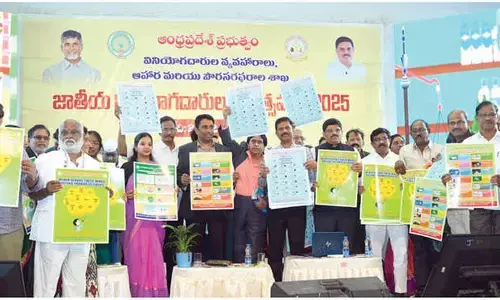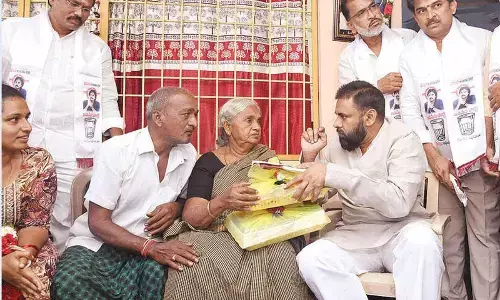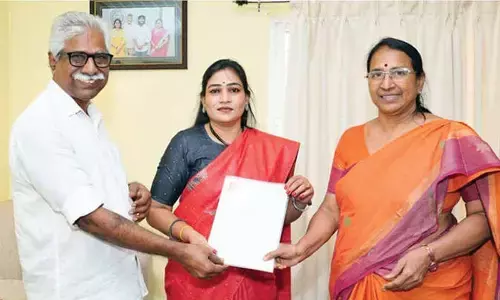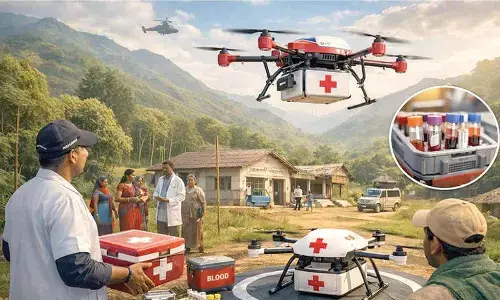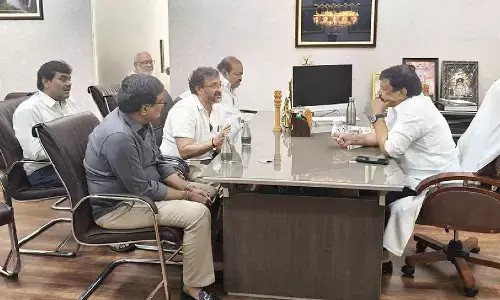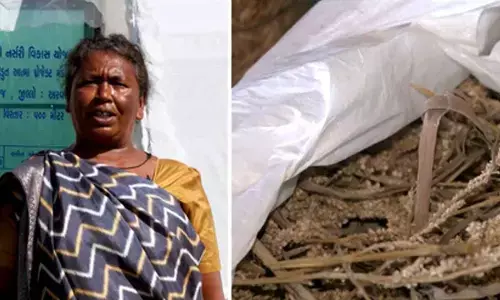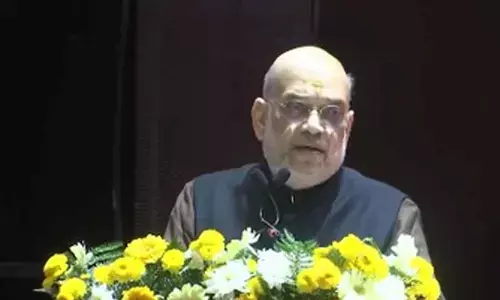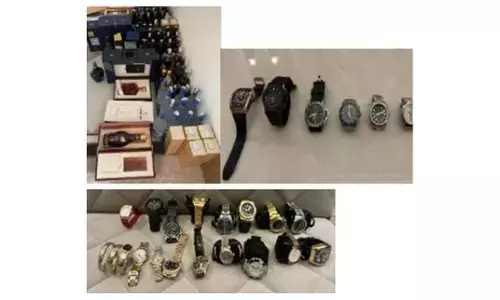Breaking stereotypes
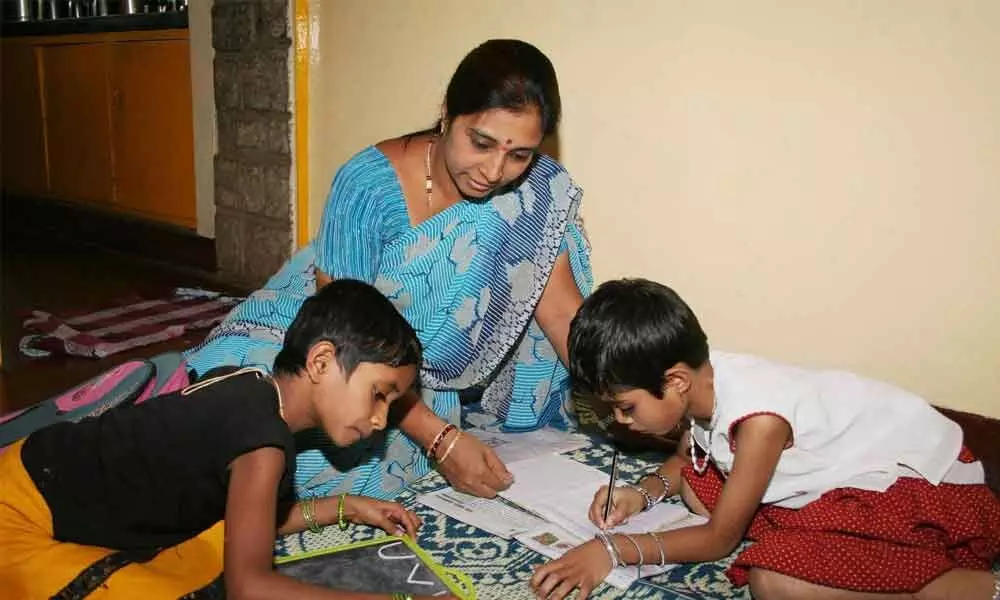
Gender gap can be reduced only through significant behavioural change in society, concluded panelists at a discussion on the topic of ‘Gender Equality Today for a Sustainable Tomorrow – Breaking Stereotypes’, organised by SOS Children’s Villages of India.
Gender gap can be reduced only through significant behavioural change in society, concluded panelists at a discussion on the topic of 'Gender Equality Today for a Sustainable Tomorrow – Breaking Stereotypes', organised by SOS Children's Villages of India. This behavioral change should begin with treating girls and boys equally, investing in the education of the girl child, reskilling, upskilling women for productive employment, enabling women's participation in the labour force and encouraging more women in leadership positions.
SOS Children's Villages of India held a virtual panel discussion, streamed live on the official Facebook handle of the organisation. The esteemed panelists at the discussion included: Sumanta Kar, Secretary General, SOS Children's Villages of India; Radha Raturi, IAS, Additional Chief Secretary, Govt. of Uttarakhand; Ira Singhal, IAS, Deputy Commissioner, Office of the Divisional Commissioner, Delhi; Neeru Ahuja, Partner, Deloitte India; Shyama Jain, SOS Mother; Chandramma, Caregiver, Family Strengthening Programme. Panelists shared their life's journey of empowerment, which served as a motivation. The interaction focused on the challenges faced by women and the possible solutions.
"We have political equality. The Indian constitution treats women equally. We have had the right to vote in elections since 1952. The real problem is social inequality. There is still a lot of difference between sons and daughters. Society puts pressure on women to give birth to a male child, especially if it is the second child. In India, about 40% of girls under the age of 13 years are forced into marriage. Maternal mortality rate is high because of child marriage. It needs to begin with us. Women need to develop confidence. We have to learn to speak out," said Radha Raturi, IAS, Additional Chief Secretary, Govt. of Uttarakhand,
"As a woman and as someone with disabilities, I faced many biases and I learned to do extra hard work to achieve my goals. I do not believe in boundaries. If you do not accept that there are limitations, you can achieve a lot. Singhal holds the distinction of becoming the first differently-abled woman to top the civil services exam", said Ira Singhal, IAS, Deputy Commissioner, Office of the Divisional Commissioner, Delhi.


